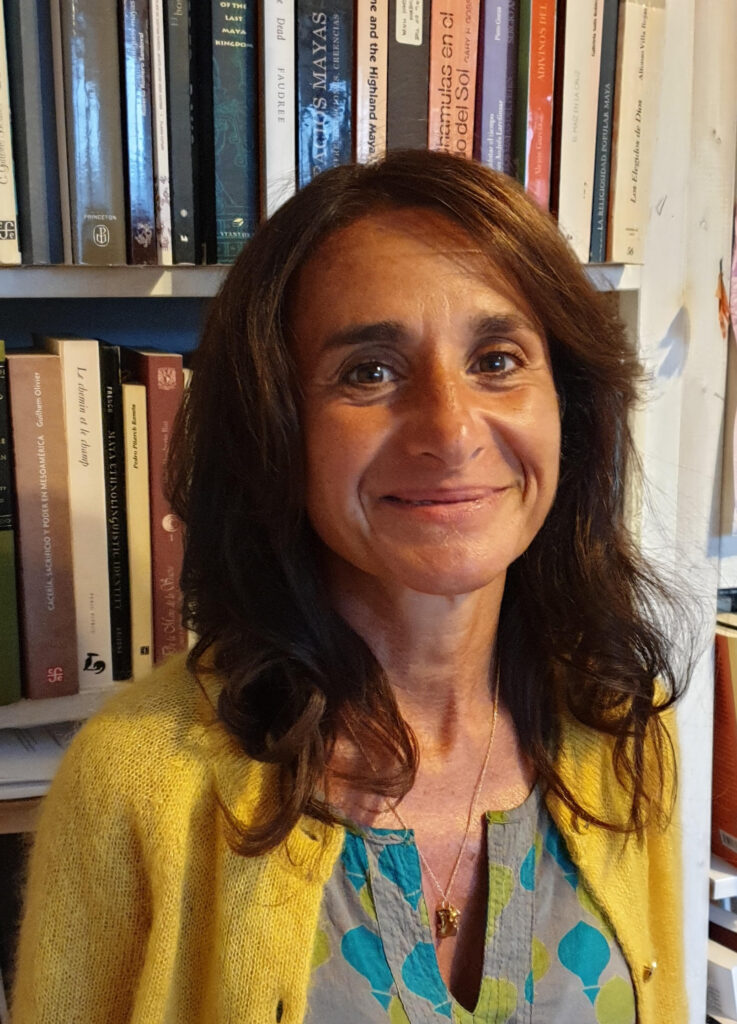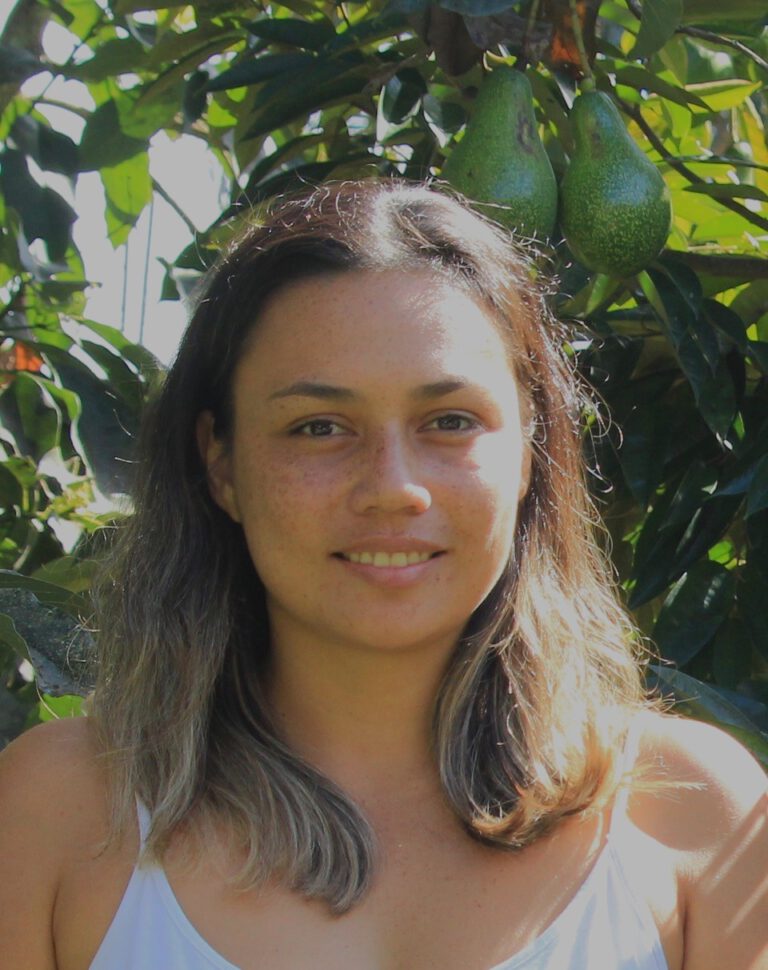LD&A'24
Recent advances in language documentation and archiving
Conference and training sessions
Berlin & Online, 4-6 September 2024
Many lessons have been learned in the last 20 years of documentation and archiving, and all over the world activists, communities, researchers, and artists have developed documentation projects, apps, art installations, archival collections, films, and multimedia projects telling the many stories and histories of Indigenous languages and their creators and keepers.
This conference brought together people working in this area to present papers, posters, and conduct training sessions aiming to develop capacity, present new approaches to documentation and preservation, and access to primary records. It offered models of how we can create, strengthen, enhance, and amplify language records. The conference aimed to bring new ideas and views together, share knowledge and support the communities who are working to record and revitalise Indigenous languages.
Conference Timeline
April 15, 2024
Paper submission
deadline
May 15, 2024
Notification of
acceptance
September 2, 3 2024
Trainings
on Zoom
September 3, 2024
Workshop on historical language texts
Berlin, Germany BBAW (Berlin-Brandenburg Academy of Sciences and Humanities)
September 4-6, 2024
Conference dates
on Zoom
and in Berlin, Germany BBAW (Berlin-Brandenburg Academy of Sciences and Humanities)
Plenary Speakers

Valentina Vapnarsky
CNRS, EPHE & Université Paris Ouest, France
The challenges of giving access to digital archives for Indigenous communities : a collaborative experience with the Wayana in French Guiana
Digitalized and born-digital collections about endangered languages are often hidden behind or inside digital platforms that are cryptic to non-initiated communities, and hence to the source communities directly concerned by the collections. This talk will open discussion on this issue and the dilemma between large powerful platforms and more native ones, based on a particular collaborative experience of creating with a group of Wayana and Apalai people from French Guyana, a digital platform that attempts to meet their demand for access to linguistic, ethnographic, and ethno-musical collections about them, in a linguistically and culturally appropriate way. A platform that would also allow for the requalification, correction and enrichment of old collections, and the addition of new digital material. Yet some intrinsic difficulties appeared along the way.

Takurua Parent
Université de la Polynésie française, Tahiti.
Anareo, an interoperable database for the languages of French Polynesia, The case of the Rapa language
Nearly 10 years ago, the Anareo database began to be designed. It is a digital infrastructure dedicated to the languages of French Polynesia, created to support language documentation while keeping in mind the needs of speaking communities. This presentation gives the opportunity, through the particular example of the language of Rapa, to explore the various functionalities of Anareo which permits the storage and analysis of textual and lexical data.
LD&A 2024 Talks
Click to watch LD&A 2024’s talks or go to our YouTube channel.
The abstracts are available here.
Scientific Committee
-
Pius Akumbu
(CNRS Paris) -
Felix Ameka
(Leiden University) -
Aleksandre Arkhipov
(Hamburg University) -
Linda Barwick
(PARADISEC / University of Sydney, Australia) -
Steven Bird
(Charles Darwin University) -
Alexis Michaud
(CNRS) -
Mary Linn
(Smithsonian) -
Katherine Bolaños
(PDEL Foundation)
-
Ana Paula Brandão
(Federal University of Pará) -
Gabriela Caballero
(University of California, San Diego) -
Onno Crasborn
(Radboud University, Nijmegen) -
Gabriela Perez Baez
(University of Oregon) -
Patience Epps
(University of Texas at Austin) -
James Essegby
(University of Florida – Gainesville) -
Victoria Nyst
(Leiden University)
-
Jeff Good
(University of Buffalo) -
Birgit Hellwig
(University of Cologne) -
Gary Holton
(University of Hawai’i Manoa) -
Jacques Vernaudon
(University of French Polynesia) -
Ana Vilacy Galucio
(Museu Paraense Emílio Goeldi) -
Roberto Zariquiey
(Pontifical Catholic University of Peru) -
Zachary O’Hagan
(University of California, Berkeley)